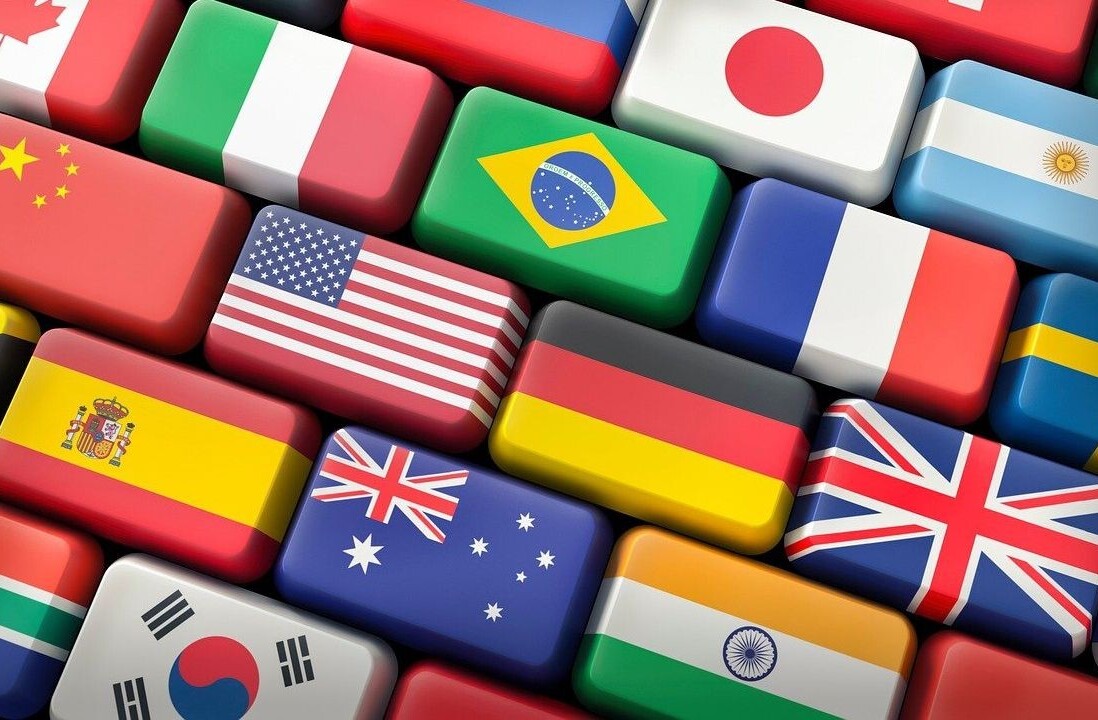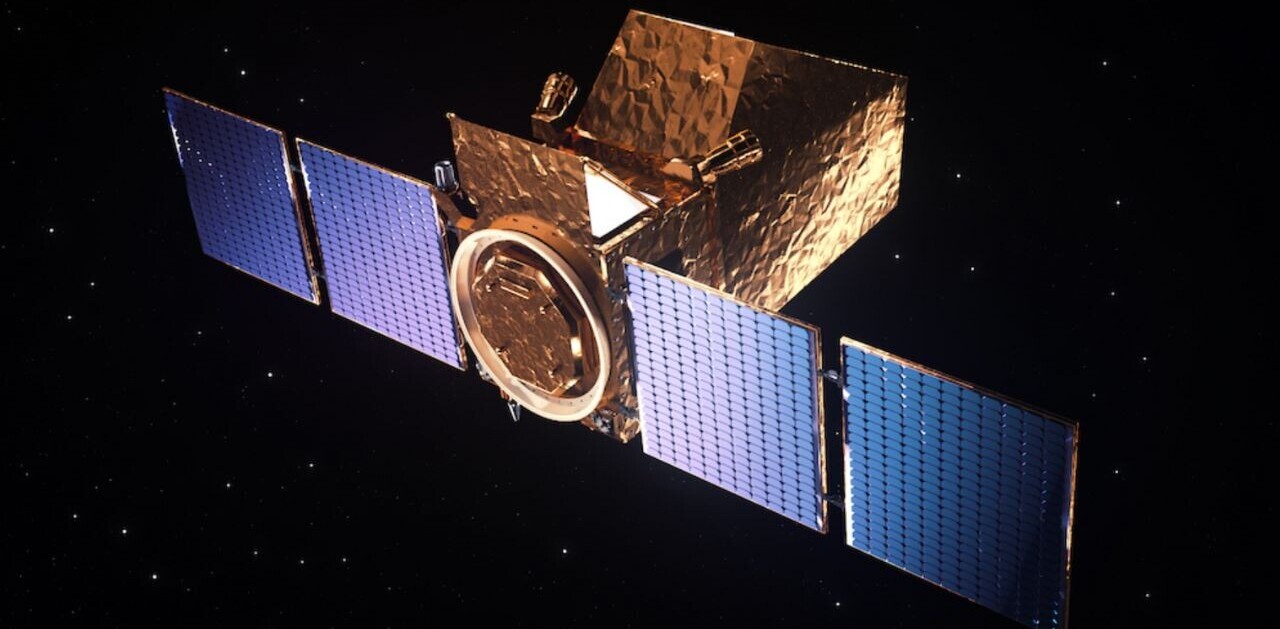Wikileaks has released what it says is the final text of the secretive Trans-Pacific Partnership Agreement, a “free trade” deal between the United States and eight other countries.
The text contains an interesting provision in the Intellectual Property Rights chapter regarding ISPs and their obligations to copyright holders.
Under the TPP, an ISP is defined quite broadly:
For the purposes of this Section, “ Internet service provider” means: (a) A provider of online services for the transmission, routing, or providing of connections for digital online communications, between or among points specified by a user, of material of the user’s
By that definition an ISP is your internet provider, but would also extend to companies like Dropbox, Mega and other file storage services hosted within member countries.
The section requires that member countries instate “legal remedies” for copyright holders to co-operate with ISPs and deter “unauthorized storage and transmission” of pirated materials such as movies, music and other content.
In essence, the EFF previously said that this provision exists to require each country to implement a takedown system, similar to the US’ DMCA request process.
Specifically, the TPP also says the member countries should create a legal framework that requires ISPs to expose the infringer’s identity to copyright holder in a way that is consistent with the “TRIPS” agreement.
In some cases, those legal incentives should have the ISP “take action” to deter unauthorized storage of copyright materials and remove them.
The TPP also states that those ISPs shouldn’t be on the hook if copyright holders come knocking in the following cases:
- If the provider is automatically caching copyrighted content
- Storage of pirated content, if uploaded by a user
- Users that create links to pirated content
- Transmitting pirated content without modification
When put side-by-side up against the DMCA 512 limitations on liability text, it appears to be a paraphrased version of the same law, requiring ISPs to serve and act upon takedown requests.
The EFF previously reported that this method is sometimes called ‘policy laundering‘ where an unpopular provision is copied and pasted between trade agreements until it’s able to slip through as part of a wider agreement.
The agreement was signed on October 5 by the United States, Australia, Brunei Darussalam, Chile, Malaysia, New Zealand, Peru, Singapore and Vietnam, but the text was not available publicly until today.
The TPP has not been ratified by each country’s local government yet, which is required before it’s officially agreed to.
Top image credit: Shutterstock
Get the TNW newsletter
Get the most important tech news in your inbox each week.






